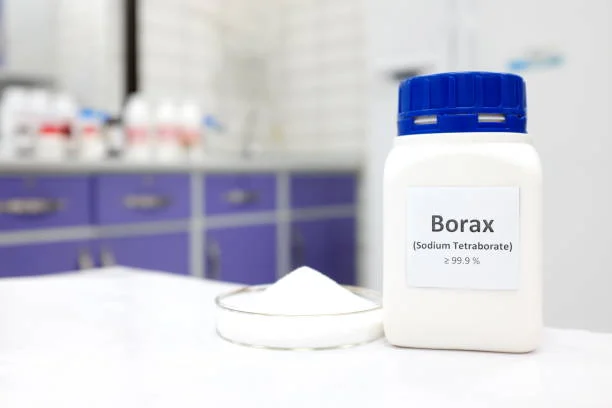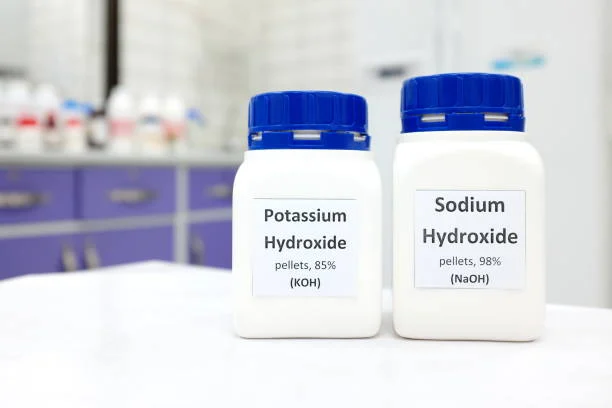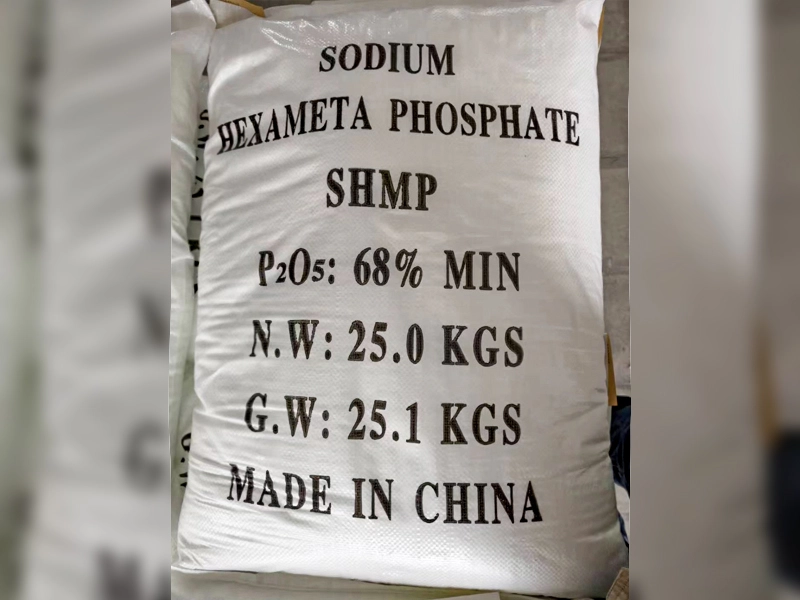1. Gold and Silver Mining
The most significant use of Sodium Cyanide is in the extraction of gold and silver from ores. This process, known as cyanidation, involves dissolving the metals in a solution of sodium cyanide and water. The simplicity and efficiency of this method make it the preferred choice for extracting precious metals on a large scale. The gold or silver is then recovered from the solution through various methods, including carbon adsorption, precipitation, or electrowinning.
2. Chemical Synthesis
Sodium cyanide serves as a precursor to many useful chemicals, including cyanohydrins, nitriles, and carboxylic acids. These compounds are fundamental in producing various products, such as pharmaceuticals, agrochemicals, and synthetic fibers. Its role in organic synthesis underscores the versatility and importance of Sodium cyanide in the chemical industry.
3. Pharmaceutical Industry
In smaller quantities, sodium cyanide is used in the pharmaceutical industry to synthesize several valuable compounds. These include nitriles and carboxylic acids, which are precursors to a variety of drugs and active pharmaceutical ingredients (APIs). The stringent control over quality and purity makes pharmaceutical-grade sodium cyanide a specialized product.

Responsible Procurement of Sodium Cyanide
Given the hazardous nature of sodium cyanide, purchasing it requires careful consideration of several factors, including supplier reliability, product quality, and adherence to safety and environmental regulations.
Who Should Buy Sodium Cyanide?
Businesses involved in the mining of precious metals, chemical manufacturing, and pharmaceuticals are the primary consumers of sodium cyanide. These industries require a steady supply of the chemical to maintain their operations. However, due to the potential risks associated with handling and transporting sodium cyanide, only entities equipped with the necessary safety infrastructure and trained personnel should handle the chemical.
Sourcing Sodium Cyanide
When sourcing sodium cyanide, it is crucial to choose suppliers that adhere to strict safety and environmental standards. Here are some key considerations:
1. Certification and Compliance
Opt for suppliers that have certifications and comply with international standards for quality management (e.g., ISO 9001) and environmental management (e.g., ISO 14001). Compliance with the International Cyanide Management Code (ICMC) is particularly important for mining operations, as it demonstrates a commitment to responsible cyanide management practices.
2. Safety and Handling
Evaluate the supplier’s safety protocols, including packaging, transportation, and handling of sodium cyanide. Suppliers should offer detailed safety data sheets (SDS) and support in implementing safety measures at your facility.
3. Environmental Responsibility
Choose suppliers that have a clear policy on environmental protection and waste management. This includes measures to prevent cyanide spills and procedures for safe disposal of cyanide-containing waste.
4. Technical Support
Reliable suppliers offer technical support and training to ensure that their clients can safely and efficiently use sodium cyanide in their operations.
Conclusion
Sodium cyanide is a vital chemical in various industries, but its procurement and use come with significant responsibilities. By understanding the primary applications of sodium cyanide and adhering to best practices in sourcing, businesses can ensure the safe and sustainable use of this chemical. Always prioritize safety, environmental protection, and compliance with regulations when choosing a sodium cyanide supplier.
- Random Content
- Hot content
- Hot review content
- Sodium Amyl Xanthate (SAX) 90%, Mining chemical, mining flotation reagent
- industry Electric Detonator
- 99.5% min Ammonium Chloride For Industrial Use
- Potassium borohydride
- Sodium Metasilicate Pentahydrate
- Maleic Anhydride - MA
- Ethyl alcohol /Ethanol 99.5%
- 1Discounted Sodium Cyanide (CAS: 143-33-9) for Mining - High Quality & Competitive Pricing
- 2China's New Regulations on Sodium Cyanide Exports and Guidance for International Buyers
- 3Sodium Cyanide 98% CAS 143-33-9 gold dressing agent Essential for Mining and Chemical Industries
- 4International Cyanide(Sodium cyanide) Management Code - Gold Mine Acceptance Standards
- 5China factory Sulfuric Acid 98%
- 6Anhydrous Oxalic acid 99.6% Industrial Grade
- 7Oxalic acid for mining 99.6%
- 1Sodium Cyanide 98% CAS 143-33-9 gold dressing agent Essential for Mining and Chemical Industries
- 2High Quality 99% Purity of Cyanuric chloride ISO 9001:2005 REACH Verified Producer
- 3Zinc chloride ZnCl2 for High Molecular Weight Polymers Initiator
- 4High Purity · Stable Performance · Higher Recovery — sodium cyanide for modern gold leaching
- 5High Quality Sodium Ferrocyanide / Sodium Hexacyanoferr
- 6Gold Ore Dressing Agent Safe Gold Extracting Agent Replace Sodium Cyanide
- 7Sodium Cyanide 98%+ CAS 143-33-9











Online message consultation
Add comment: